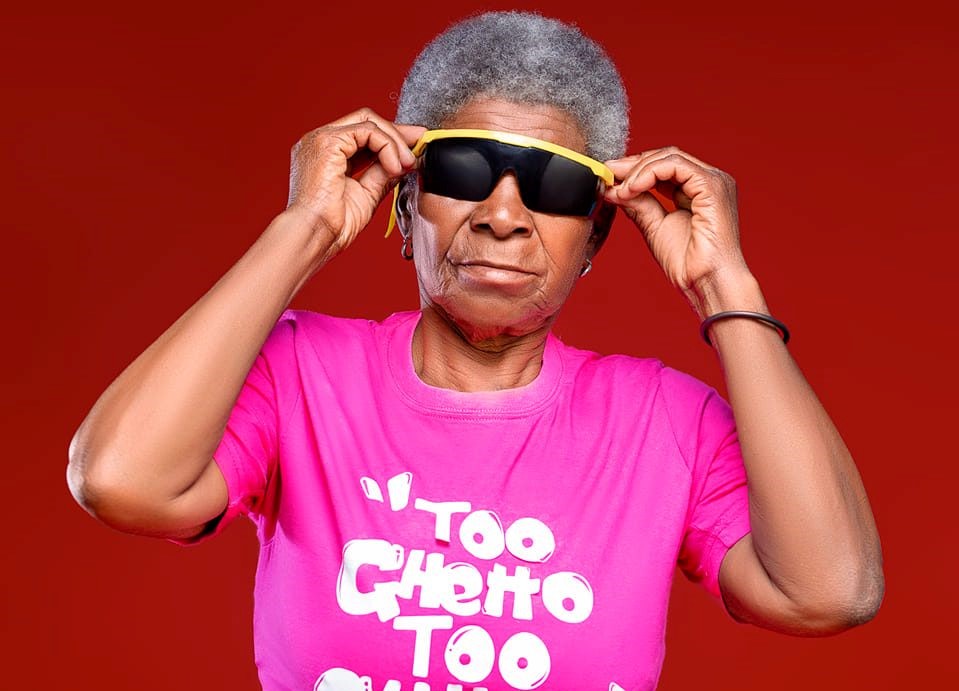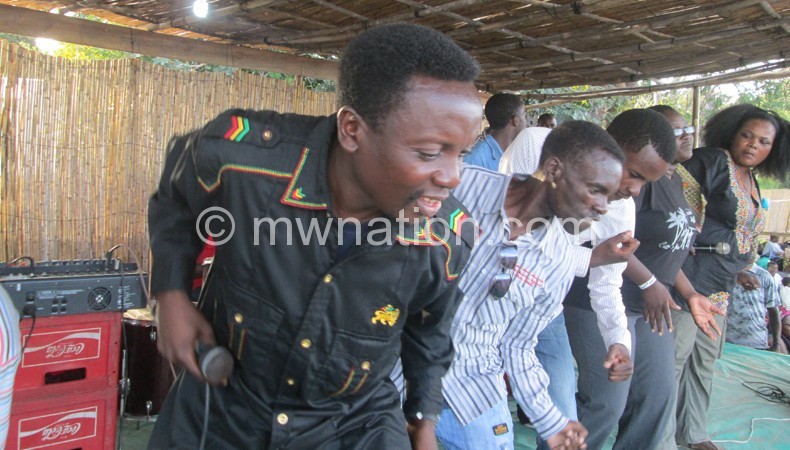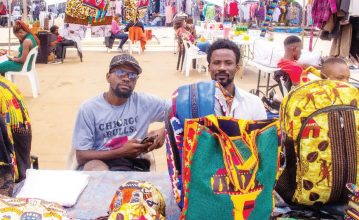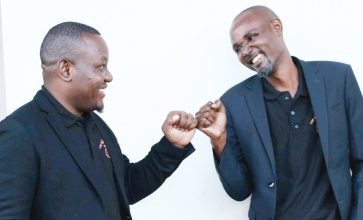What’s in an artist’s name?
 In the artist’s world, a name means a great a deal. Artists value names they choose as they sometimes become synonymous with a particular brand or particular genre they propagate.
In the artist’s world, a name means a great a deal. Artists value names they choose as they sometimes become synonymous with a particular brand or particular genre they propagate.
It is not surprising to hear artists using strange names to reach their fans or even sell music.
But some names sound or appear the same, raising questions whether they are copyrighted.
Take the case of a resident disc jockey (DJ) Nde’feyo entertainment recently signed. He is known as DJ Kari P, yet there is a Lilongwe-based Christian record label, One Lord Records, whose artist Yamikani Kalizang’oma is known as DJ Kali.
In an interview with society, DJ Kali of One Lord, said he does not have any problem with the similarity in the names: “I am okay with it. The other one is DJ Kari P and I am DJ Kali without a P at the end. Besides, we do different things; I am, a producer and a musician while he is a DJ.”
The gospel artist, however, said some people still mistake him for the Nde’feyo disk Jockey. “Some people are even wondering that I have stopped playing gospel [music]. But I am still figuring out a way to go around it”.
Nde’feyo’s co-manager, Ken Zizwa Limamwe, said there can be no confusion as the names are different.
The two DJs case is not a strange phenomenon.
For instance, in the United States there is Keisha Cole and Kei$ha, Dr Dre and Dre. However, it is such issues that raise the questions: Who is responsible for the protection of artists’ names in Malawi? Do the artists know of the importance of protecting trademarks?
Since artists’ names are part of the business, it is vital that they protect the names to stop imposters from profiting from them.
Artists in other countries protect their names, album titles, slogans and other related trademarks.
Copyright Society of Malawi (Cosoma) senior licensing officer Rosario Kamanga told Society in a telephone interview that his association only protects the works of artists, arguing that names and other related trademarks can be protected by the Trademark Act which is the jurisdiction of the Registrar General.
Malawian artists have different views on the trademark protection. While most artists said they know the importance of protecting their names and other trademarks, others claimed ignorance of the procedures of trademark protection.
R‘n’B artist Dan Lu, said he realises the importance of protecting artists’ names as a trademark. He, however, said he does not know its procedure.
“The problem is that most Malawian musicians did not go to formal music schools; hence, the industry is [still] lagging behind,” said Dan Lu.
He said he would appreciate if associations taught musicians the importance of protecting their names and related trademarks.
Limamwe, however, said he understands the importance of protecting artists’ names and related trademarks and that artists under their record label are protected under the Trademark Act.
Symon Kamlaka, a member of the self-acclaimed Mafumu Ozakudya duo, said in an interview that he recognises the importance of protecting artists’ names.
“We discussed that issue at Cosoma annual general meeting last December where Dan Lu raised an issue on how we can be protected from people who use our names to promote their shows where we are not even performing,” said the Nyembanyemba star, adding that they are yet to implement a strategy to help artists register their trademarks easily.
Music Association of Malawi (MAM) president the Reverend Chimwemwe Mhango said his association acknowledges the importance of protecting artists’ names and other trademarks.
Said Mhango: “The problem is that most artists are neither under labels nor do they have managers and as such, it is very difficult for them to register their trademarks.”
He said MAM wants to organise a capacity-building workshop where artists can learn the importance of registering their trademarks, among many topics.
“We will also try to talk to the Registrar General, musicians and other stakeholders to make registry of trademarks easily accessible,” said Mhango.





